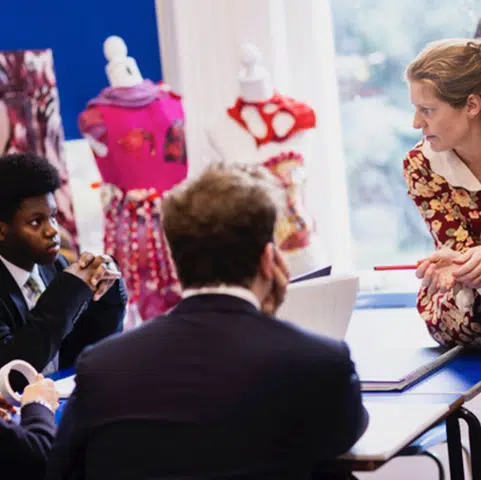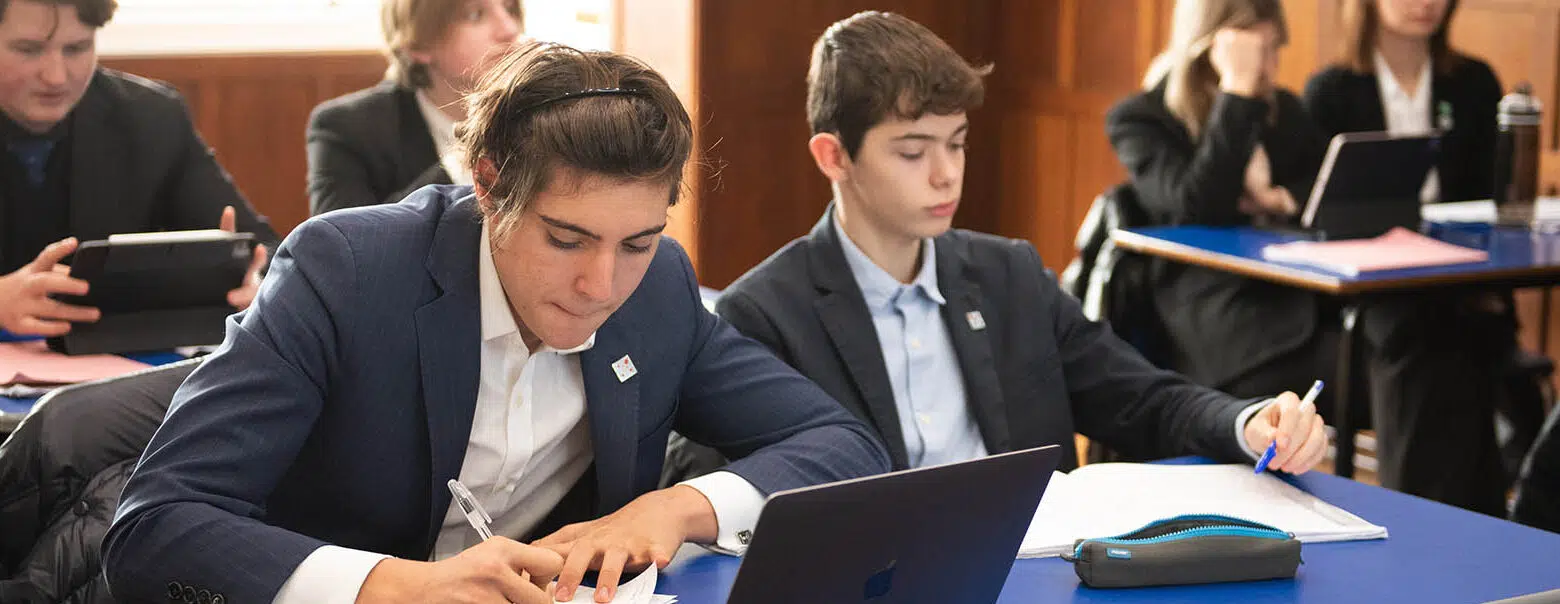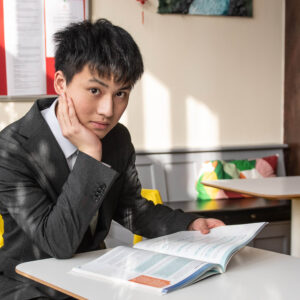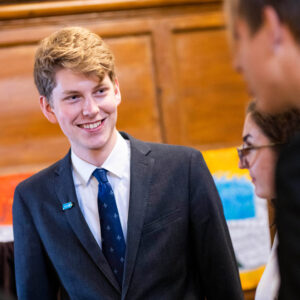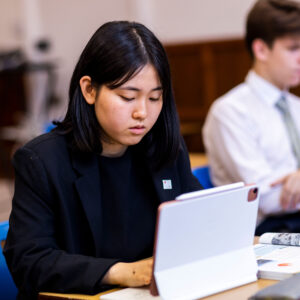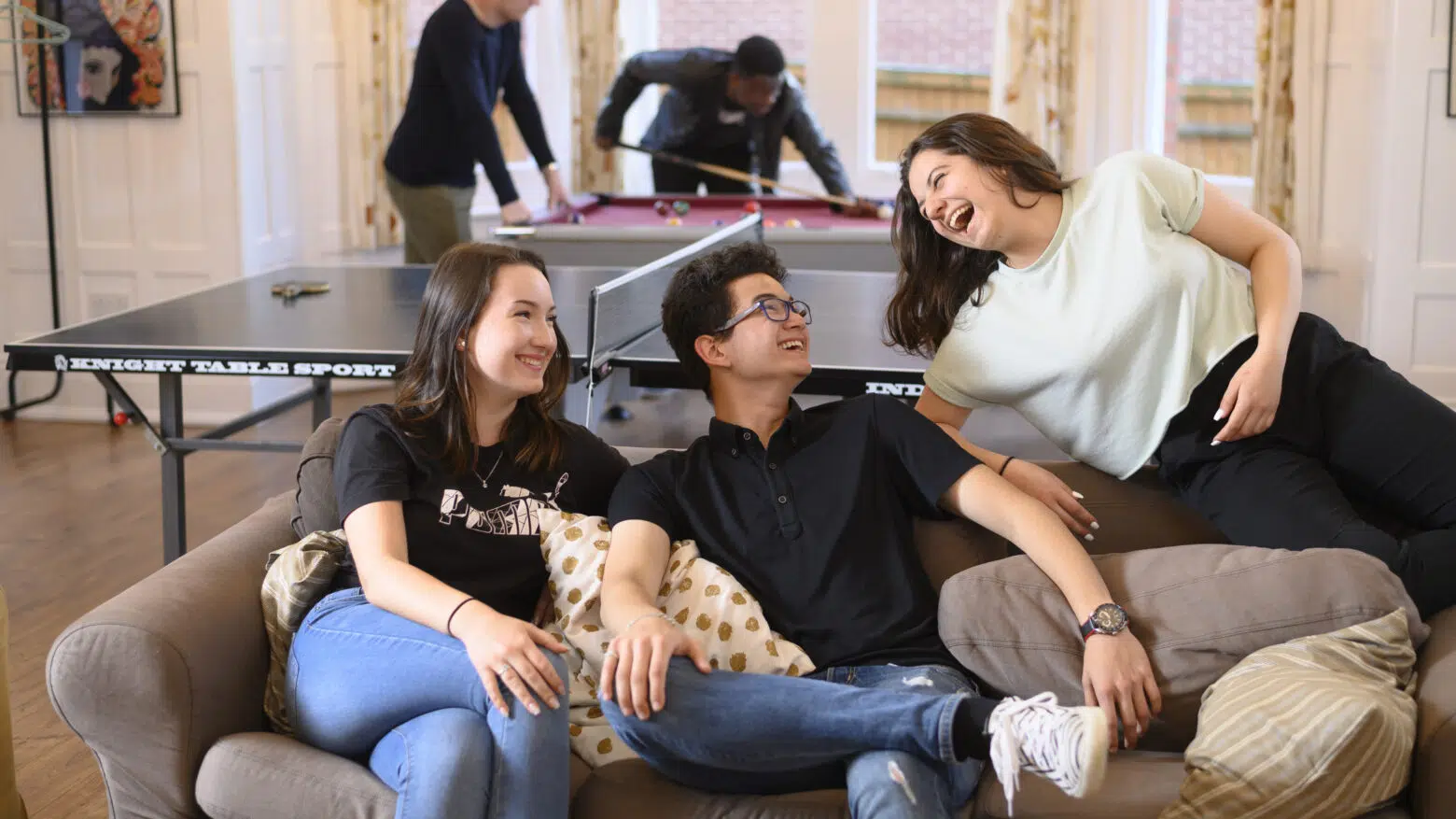Why choose to study the Pre A-level Programme at Earlscliffe?
The Pre A-Level curriculum is designed to prepare international students for the academic and language demands of A-level study.
It provides a foundation in key subjects while building the English language skills needed for success in a British classroom
- The programme may be taken for one term, two terms or the whole academic year.
- Academic studies are dedicated to 50% English language learning
- The remaining time is spent studying subjects such as mathematics, science, business and art.
- This balanced approach helps students gain confidence, adapt to new learning styles and develop subject knowledge, ensuring a smooth transition to the full A-level programme.
Programme comprises of :
- Small groups
- English plus academic subjects
- Designed for international students
- UK Year 11 equivalent for ages 15+
- English language development
- Physical education
- Personal, social and health education
- Academic enrichment opportunities

